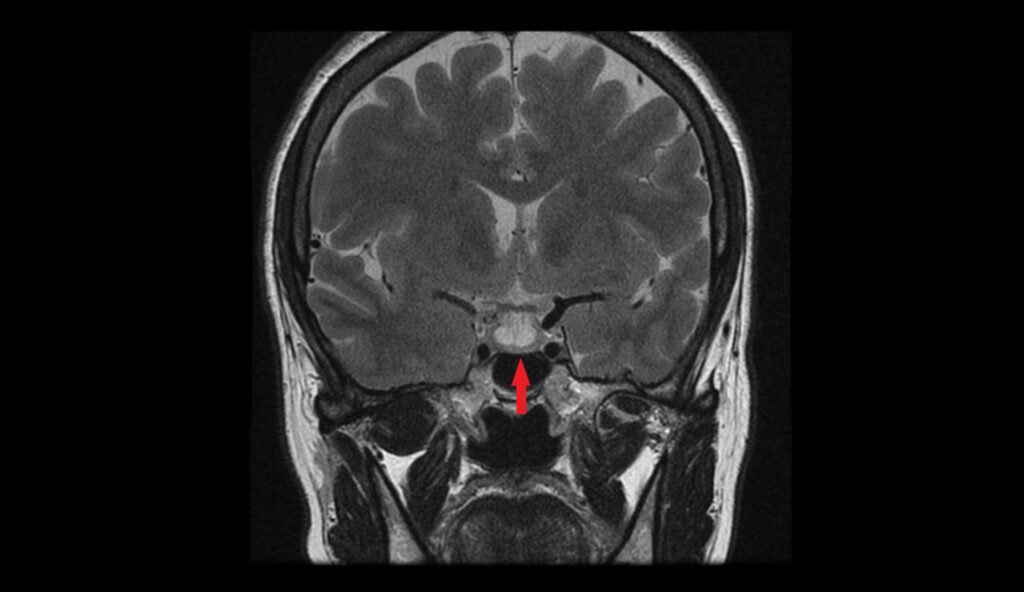
Probing Prolactin: When High Levels Raise Red Flags
We are excited to see so many of you join our FMEP courses. Several of...
0
Just a reminder… pay attention to the questions. Here are our general tips one more time:
1. Pay attention to the questions. Look carefully at how many items you are being asked to list. If the question asks for five items, you will not get more marks if you list eight items; the examiner will look at the first five and allocate marks only for the first five answers – so be careful. On a SAMP, if it is not clearly stated how many items you should list, look at the amount of points/marks being allocated for the question to get an idea of how many answers the examiner may be anticipating you write down.
2. Do not write lengthy answers. Most questions can be answered in 10 words or less!
3. Be specific when writing down investigations (hemoglobin instead of CBC; CT abdomen instead of CT).
4. Remember that trade names and generic names are both acceptable when writing down medications.
5. For more helpful tips, you can refer to CCFP’s SAMP instructions by clicking here.
SAMP
Shioban is a 12 week old girl who comes to your family practice office with her mother. Her mother reports a 4 week history of “problems with her stomachâ€. She has repeatedly spit up with every feed. Her oral intake has not changed. Mom is quite concerned. (13 points)
1. What three focused maneuvers on a physical examination you do not want to miss? (3 points)
2. What are three additional questions on history you want to ask about Siobhan to rule out red flags for her presentation? (3 points)
3. You ask about stool patterns. What are three causes of GI bleeding in infants? (3 points)
4. You take a thorough history and perform a physical examination. You diagnose GERD and reassure mom. What are two lifestyle modifications for GERD in infants? (2 points)
5. What two classes of medication could you consider to treat GERD in infants <1 year old? (2 points)
Helpful Resources:
https://www.fmpe.org: Pediatric Snapshots: GI issues